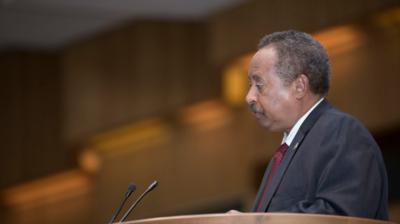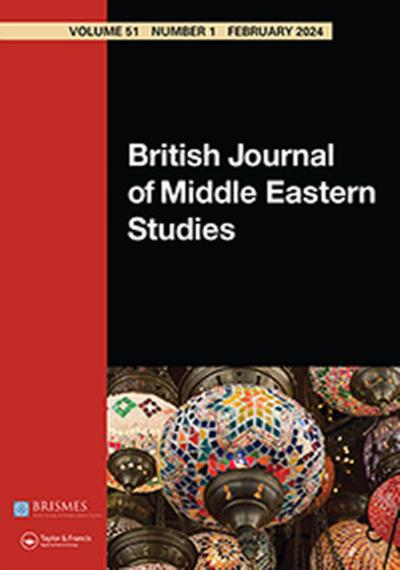Taxation and State Formation in Palestine 1994-2000
This chapter looks at factors constraining the efforts of the Palestinian quasi-state to raise revenues during the period 1994-2000. It is argued that in terms of its achievements, within its room for maneuver, the Palestinian National Authority (PNA) raised significant domestic revenues subject to the constraint of consolidating and maintaining its power. The PNA used the tax system as a means of enhancing rents for industries and sectors which the leadership believed were important for development, and to grant generous tax exemptions to politically important stakeholders such as professionals. The PNA also made real progress, with generous external assistance, in establishing a functioning economic administration and in developing the physical and institutional infrastructure of the economy. This secured for a while widespread internal legitimacy among the Palestinian population, which also was reflected in the 1996 election that helped the PNA to consolidate and centralize power. However, a major problem for the PNA was that the limitations on political accountability meant that the delivery of these results could not be politically assessed by a broad range of representatives. As a result, the PNA leadership suffered criticisms for its lack of accountability to political representatives. The deteriorating security situation in the late 1990s and declining social welfare raised citizens' perceptions of exploitation from an unequal contract with the government. Perceptions of fairly extensive corruption contributed to undermine popular confidence in the PNA as a trustworthy force in the struggle against the Israeli occupation. Revenue in the form of general tax and incomes from monopolies dried up with the escalation of the conflict. From October 2000 Israel stopped transferring revenues collected on behalf of the PNA and the central state organs in Palestine became cash strapped.
Odd-Helge Fjeldstad
Appears in:
State Formation in Palestine: Viability and Governance During a Social Transformation
Khan, Mushtaq Husain, George Giacaman and Inge Amundsen (eds.)
Also in this volume:
- PNA Political Institutions and the Future of State Formation
Amundsen, Inge and Basem Ezbidi




